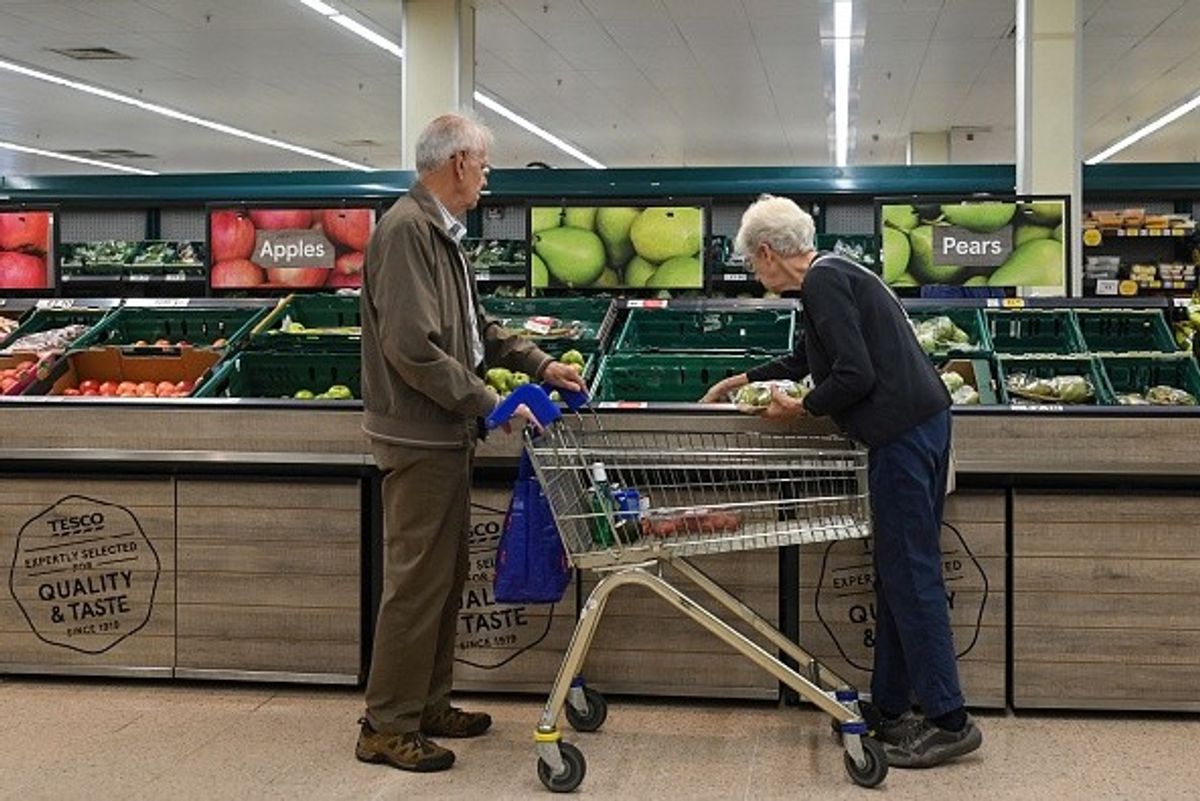Three leading trade bodies and seven food retailers are calling for urgent action to reform the broken Apprenticeship Levy system and address the “critical and persistent” labour shortages in our food supply chains.
In a letter sent to the Government, the British Retail Consortium (BRC), the National Farmers Union (NFU) and UKHospitality (UKH), along with leading UK supermarkets, say reform to the Apprenticeship Levy would allow businesses to train up more domestic workers in order to fill the vital skills gaps, which would “foster greater resilience, support the nation’s food security, and benefit the economy.”
The food supply chain, which includes farming, handling, packaging, retailing and hospitality - has been hit by acute labour shortages in recent years, particularly in areas such as food production and preparation, logistics, warehouse operations and quality control since the UK left the EU and the labour market contracted during Covid. The shortages have meant labour costs have risen, creating yet another inflationary pressure contributing to higher prices for customers.
A reformed Apprenticeship Levy could help plug shortages, but the current system is too inflexible. Businesses are required to contribute hundreds of millions of pounds into a pot, while funds can only be spent in a very restrictive way. For example, businesses cannot use the money to fund any courses that are shorter than one year in duration. This inflexibility has cost the UK many thousands of training opportunities and billions of pounds of potential investment into the British labour market at a time when it is urgently needed.
The trade bodies and food retailers are calling on the Government to widen the Apprenticeship Levy into a broader Skills Levy to allow businesses to spend their funds on a wider range of high quality, accredited courses including shorter, more targeted courses, or more tailored upskilling programmes, including food safety, hazard analysis, first aid and driving farm machinery.
Crucially, these changes would not cost the Government a penny, but by unlocking that funding, food businesses could invest millions more into equipping their workforces with the essential skills and training to respond to the needs of our food supply chains, enhancing food security, and boosting our economy.
Helen Dickinson, Chief Executive of the British Retail Consortium, said, “Why is it that the very system that exists to enable training opportunities, serves as the total opposite? Businesses across the food supply chain have long been calling for reform to the Apprenticeship Levy. The Government should stop dragging its feet so businesses can upskill our workforce, help safeguard food security in the UK, streamline costs and respond to the needs of the economy. The Apprenticeship Levy is nothing more than a tax on business and it must be reformed.”
Tom Bradshaw, Deputy President of the National Farmers Union, said, “For a long time now there has been a clear skills gap in the food supply chain. Unlocking the money that levy payers have not been able to use would be a positive step and could help to provide much-needed flexibility in delivering apprenticeship training.
“Reforming the Apprenticeship Levy is crucial to get young people involved in farming and the wider food supply chain, as well as upskilling those already in the industry.
“We need to find better ways to support our future workforce because those people working within the food and farming sector, worth more than £128 billion to the national economy, will be central to providing quality, sustainable, home-grown food for the nation in the years to come.”
Ken Murphy, Chief Executive of Tesco, said, “Reform of the apprenticeship levy could not only unlock high-quality jobs in our food supply chains, but also help safeguard Britain’s food security for the future. I would urge the Government to look again at the practical barriers to skills development under the current system, because it is not delivering for food businesses or their employees.”
Hayley Tatum, Senior Vice President - Chief People and Corporate Affairs Officer at Asda, said, “At Asda we are incredibly proud of our current apprenticeship scheme and we know that apprenticeships are vital in providing young people opportunities for growth, employment and to build new skills. However, we believe that the current Apprenticeship Levy scheme requires reform to provide greater flexibility in the schemes where the Levy funds can be distributed. Asda would welcome reform that would make it easier for businesses to spend Levy funding as intended – offering new opportunities across the country as well as upskilling the existing workforce.”
A spokesperson at Morrisons, said, “Morrisons currently has more than 600 colleagues on an apprenticeship scheme. Even though we are one of the biggest apprenticeship providers in the country we are still unable to spend the bulk of funds we contribute to the apprenticeship levy. Reform is needed to offer businesses more flexibility in how levy funds are used, which would unlock millions of pounds and open up additional training opportunities for people in a broader range of courses.”


